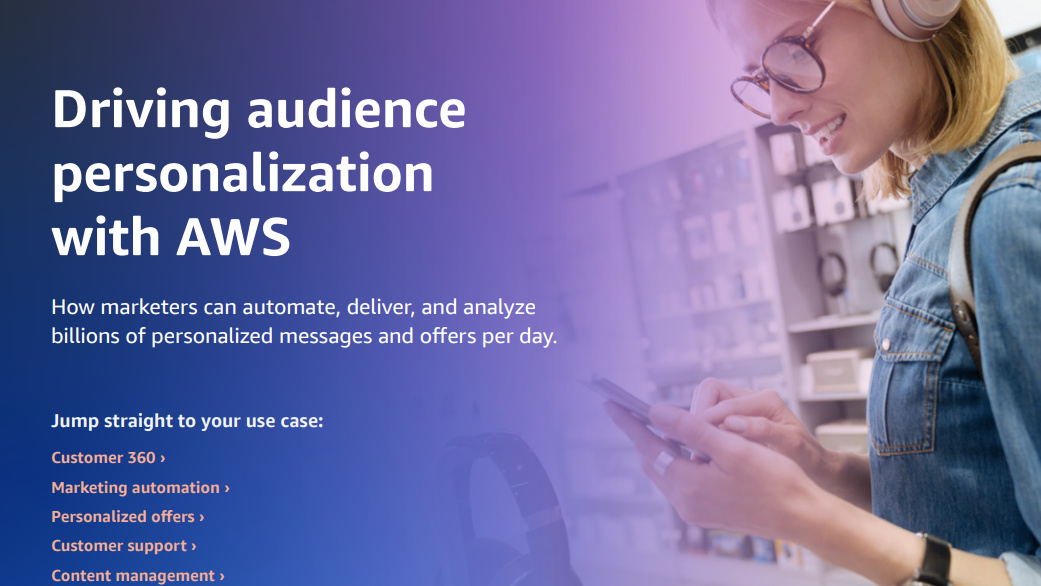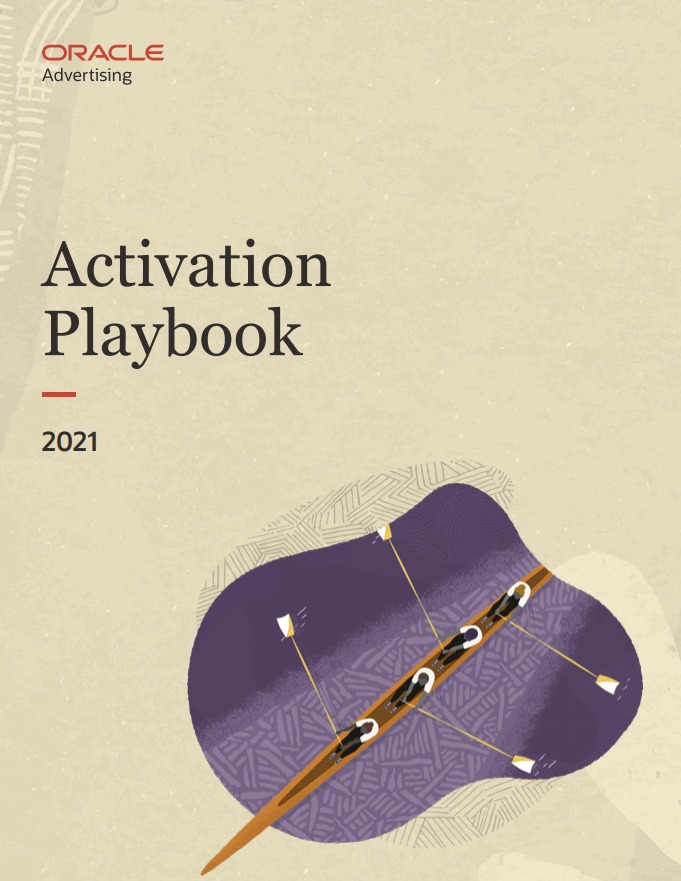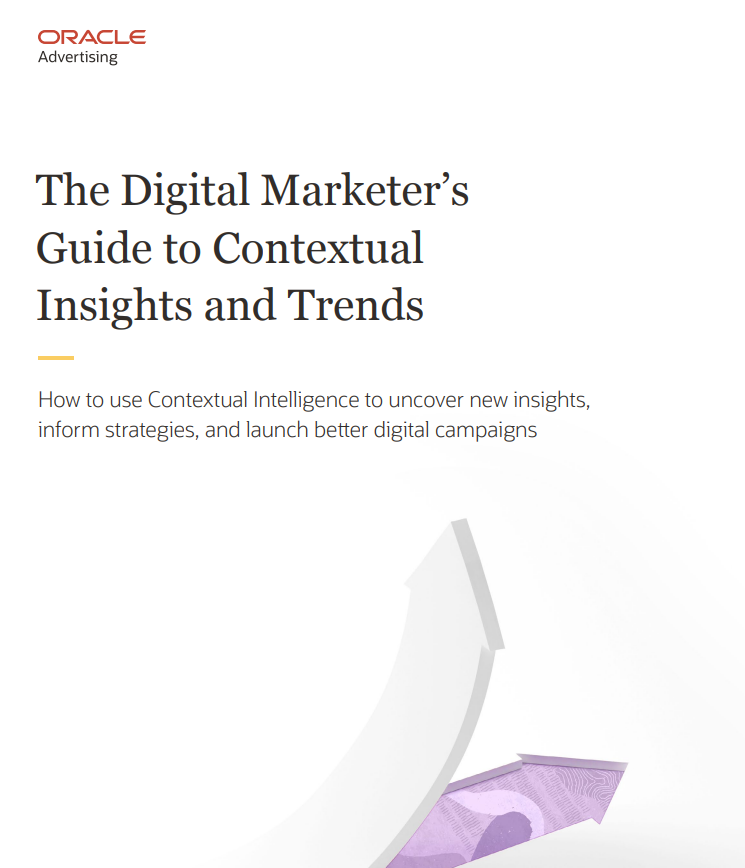Google will limit targeted advertising ahead of the UK general election
Deepfakes and misleading information will be explicitly banned, while ad targeting will be restricted


Google is the latest major tech company to impose restrictions on political messaging to boost confidence among voters in digital political advertising and in electoral processes across the world.
From next week, Google will restrict the targeting of political adverts to users by just age, gender and location at a post-code level. It's unclear how many categories that Google allows advertisers to target users with right now, but the firm insists it's never allowed granular micro-targeting.
The company's ads policy will also be clarified to explicitly ban new phenomenon like 'deep fakes'; doctored and manipulated media with high sophistication. Misleading claims about the voting process, or ads that make demonstrably false claims, will also be addressed.
"Given recent concerns and debates about political advertising, and the importance of shared trust in the democratic process, we want to improve voters' confidence in the political ads they may see on our ad platforms," said Scott Spencer, vice president for product management at Google Ads.
"So we're making a few changes to how we handle political ads on our platforms globally. Regardless of the cost or impact to spending on our platforms, we believe these changes will help promote confidence in digital political advertising and trust in electoral processes worldwide."
The changes are being rolled out in the UK first to coincide with the 12 December general election before the policy is rolled out to the wider EU by the end of the year, and in the rest of the world by 6 January 2020.
Google has previously offered targeted capabilities to verified advertisers based on public voting records, and general political affiliation. The firm insists its services, which manifest as search ads, YouTube ads and display ads, haven't granularly targeted users, although feels it can do more to raise the transparency of election ads.
Sign up today and you will receive a free copy of our Future Focus 2025 report - the leading guidance on AI, cybersecurity and other IT challenges as per 700+ senior executives
Political advertisers can continue to contextually target users, for example, by serving ads to people reading or watching a story about the economy. Google suggests this is aligned to long-established practices in advertising through other media, such as TV, print or radio.
"Of course, we recognize that robust political dialogue is an important part of democracy, and no one can sensibly adjudicate every political claim, counterclaim, and insinuation," Spencer continued.
"So we expect that the number of political ads on which we take action will be very limited - but we will continue to do so for clear violations."
Google's policy revision comes after both Snapchat and Twitter announced that restrictions would be imposed on political ads.
Snapchat has claimed that all advertising will be subject to review, while Twitter took a more heavy-handed approach in deciding to block all political advertising.
Google is the latest of a string of companies to have clarified or revised their position on political adverts since Facebook insisted several weeks ago that it would not vet or fact-check political ads hosted on its platform.

Keumars Afifi-Sabet is a writer and editor that specialises in public sector, cyber security, and cloud computing. He first joined ITPro as a staff writer in April 2018 and eventually became its Features Editor. Although a regular contributor to other tech sites in the past, these days you will find Keumars on LiveScience, where he runs its Technology section.
-
 Marketing talent brain drain could stunt channel partner success
Marketing talent brain drain could stunt channel partner successNews Valuable partner marketing skills are at risk of being lost as the structure of channel marketing teams continues to shift, according to new research.
-
 Automate personalization with AWS
Automate personalization with AWSWhitepaper How marketers can automate, deliver, and analyze billions of personalized messages and offers per day
-
 Schneider Electric unveils its first e-commerce partner program
Schneider Electric unveils its first e-commerce partner programNews Partners will be assigned a dedicated Schneider expert to aid strategy development
-
 How digital marketing will evolve beyond social media
How digital marketing will evolve beyond social mediaIn-depth Twitter's ongoing destabilisation proves businesses can't rely on social media for digital marketing forever
-
 Twilio tackles 'crucial' customer retention with trio of platform upgrades
Twilio tackles 'crucial' customer retention with trio of platform upgradesNews The company believes that retaining customers and maximising LTV is crucial in weathering the current macroeconomic headwinds
-
 Activation playbook: Deliver data that powers impactful, game-changing campaigns
Activation playbook: Deliver data that powers impactful, game-changing campaignsWhitepaper Bringing together data and technology to drive better business outcomes
-
 The digital marketer’s guide to contextual insights and trends
The digital marketer’s guide to contextual insights and trendsWhitepaper How to use contextual intelligence to uncover new insights and inform strategies
-
 Twitter sells mobile ad unit for triple its original value
Twitter sells mobile ad unit for triple its original valueNews The sale will allow the tech giant to focus on its plans of doubling its revenue in 2023 to $7.5 billion

